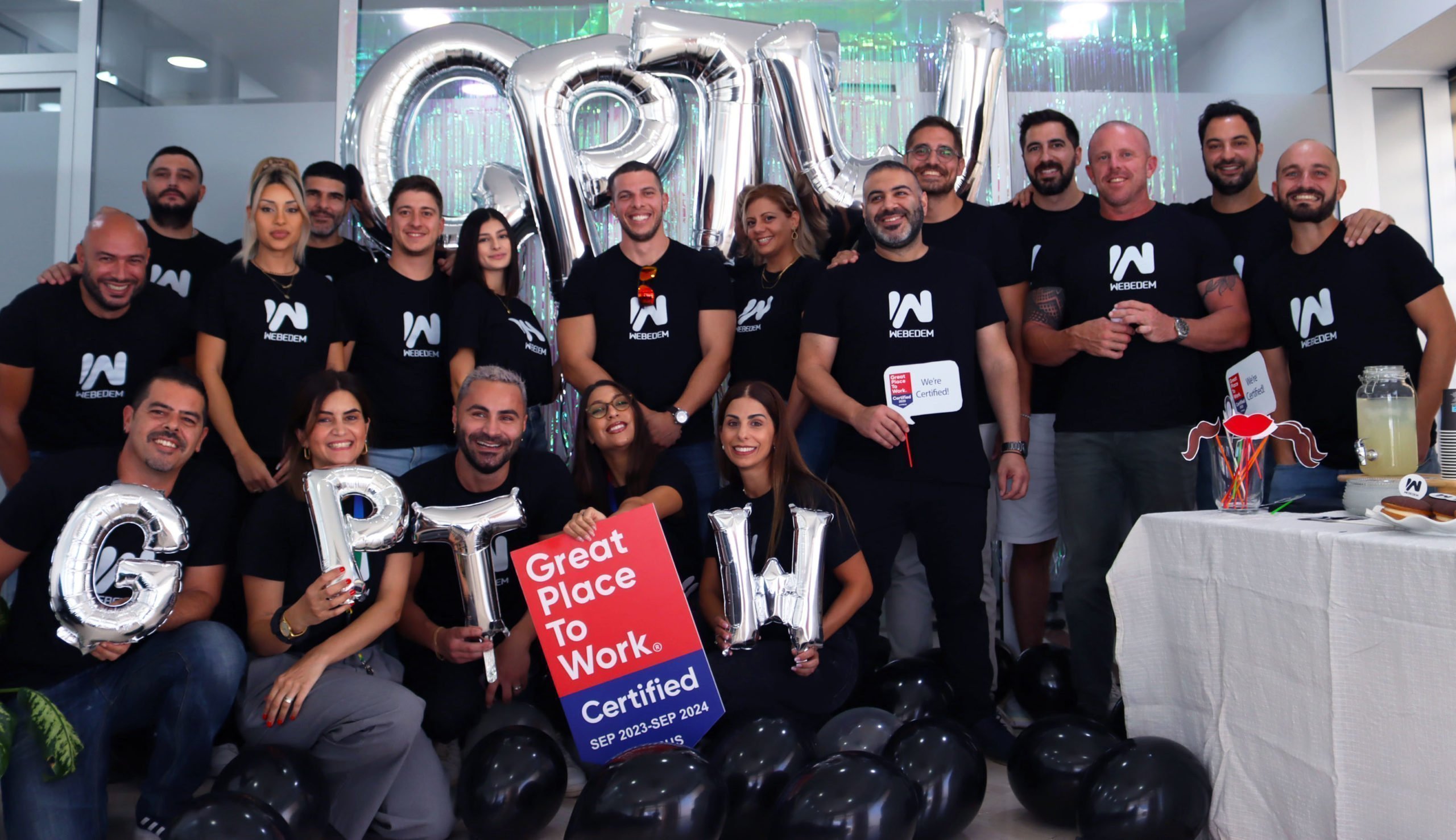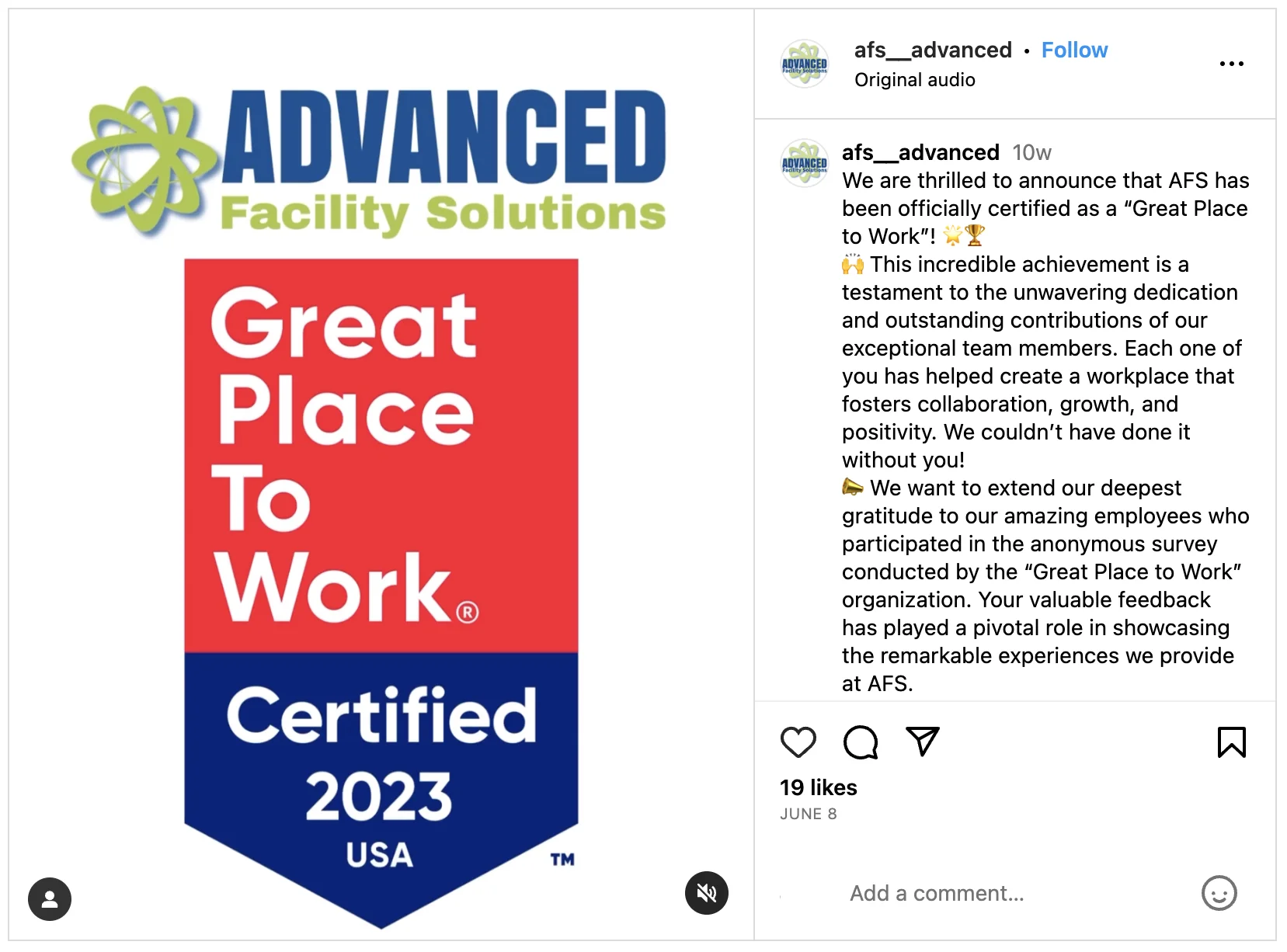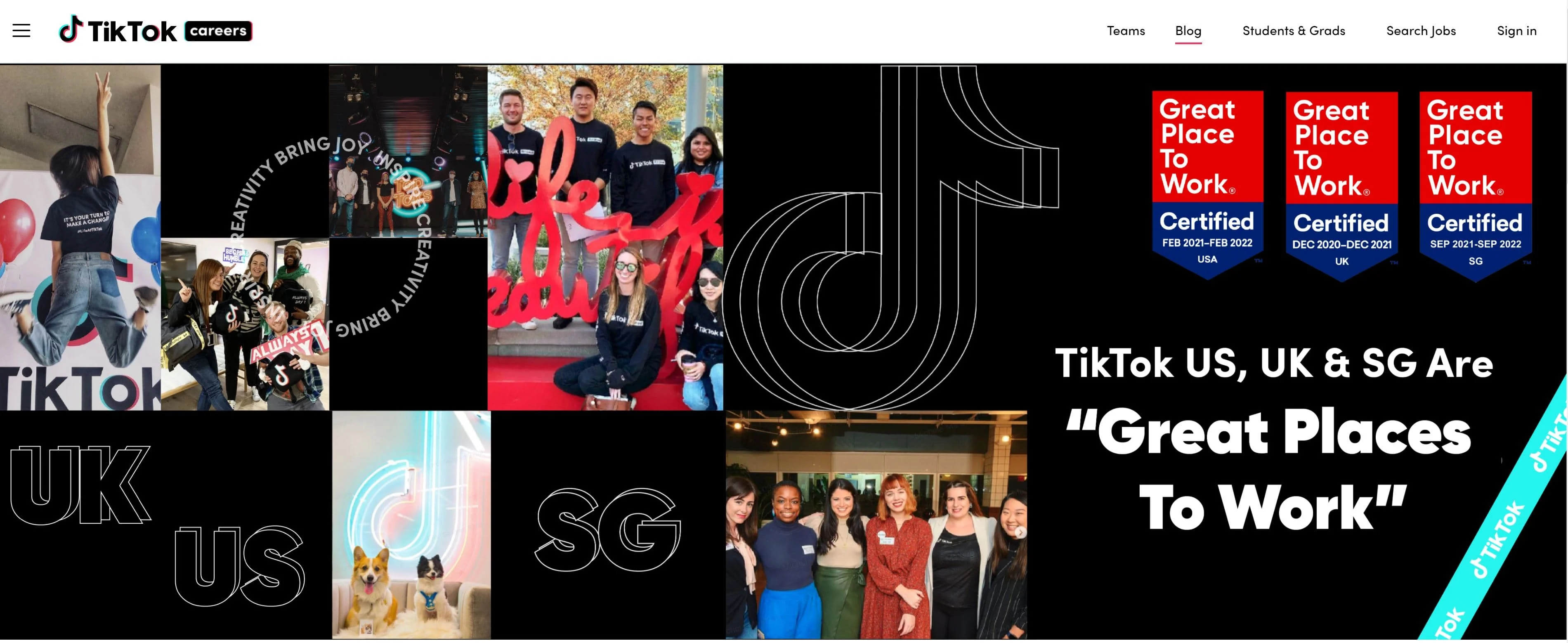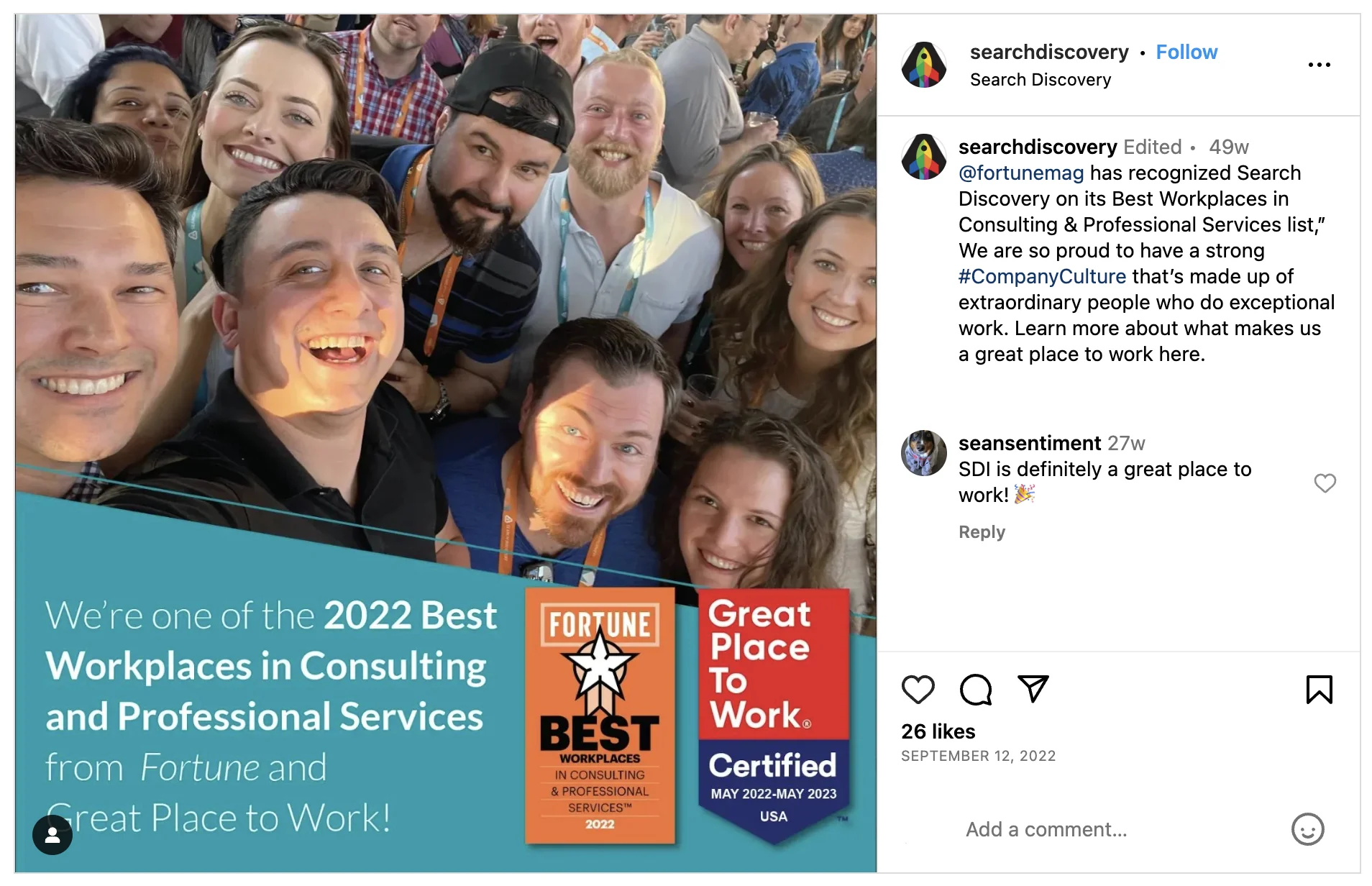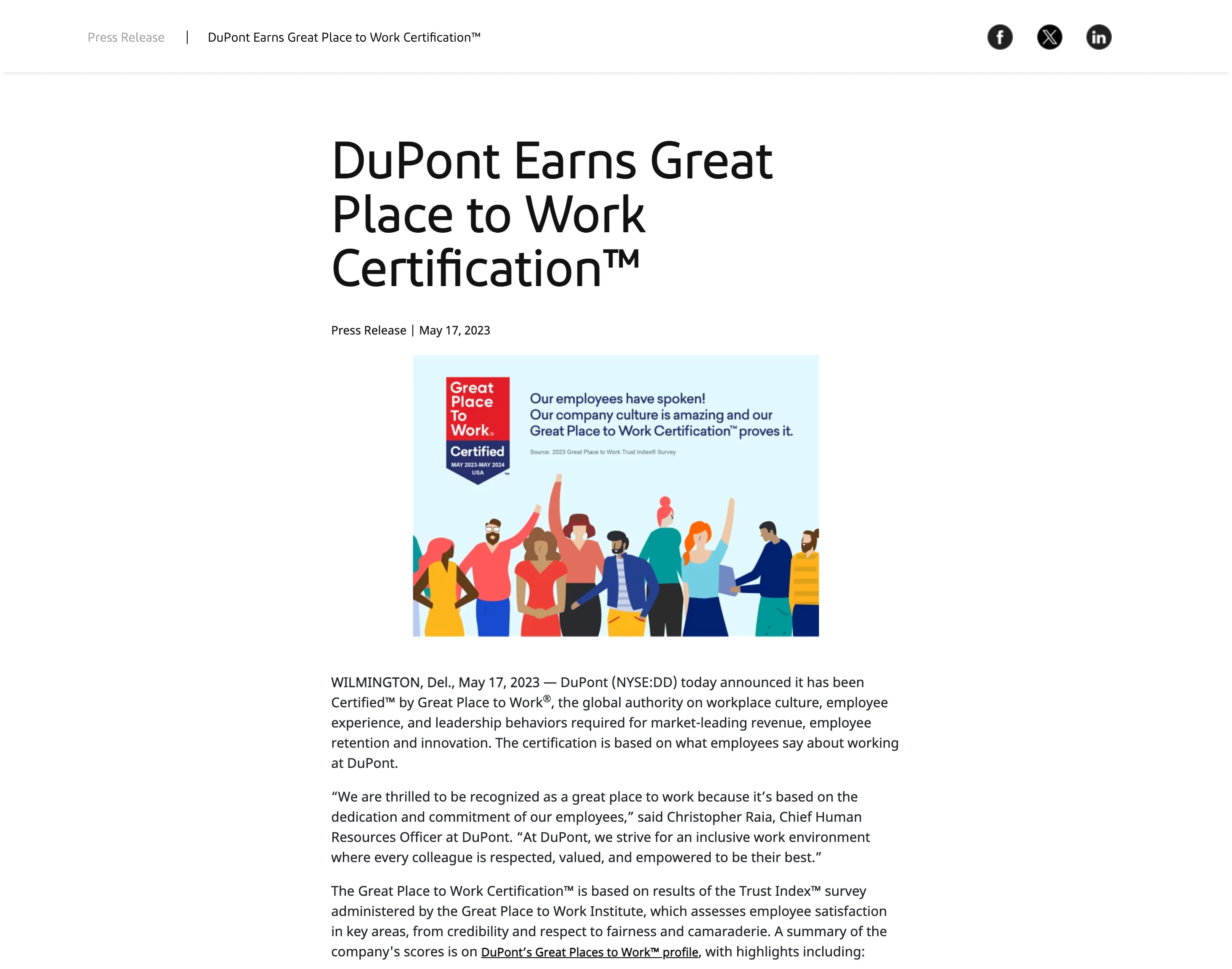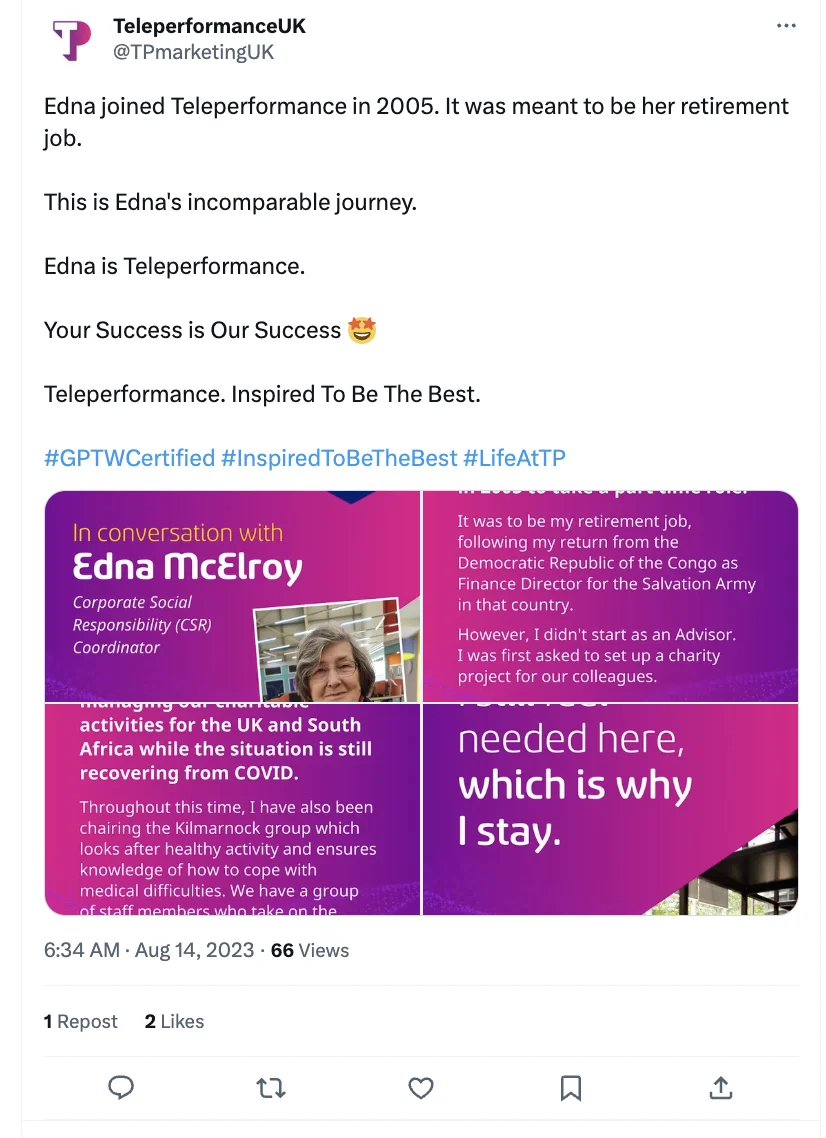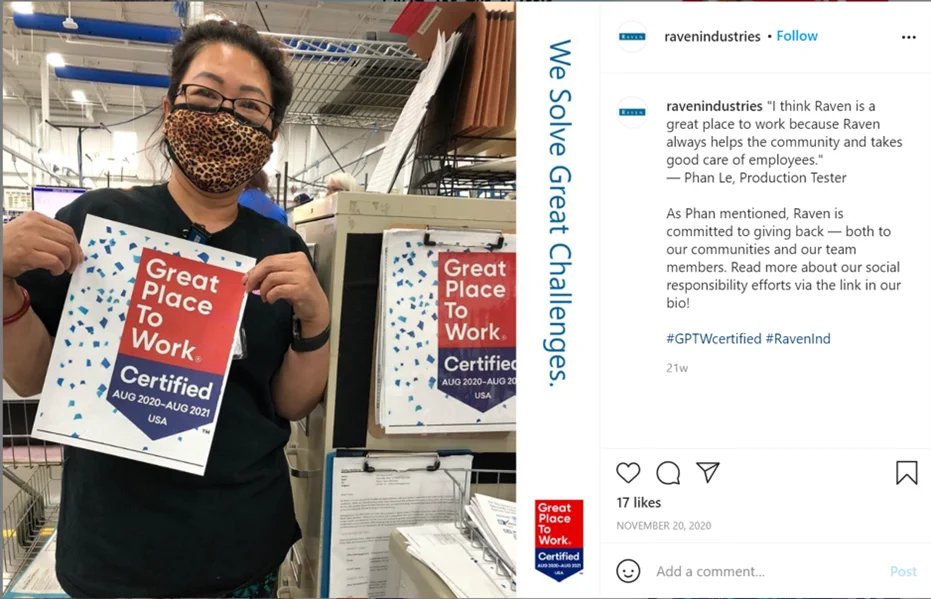Cultural diversity is no longer a “nice to have” for Cypriot businesses – it is fast becoming a core driver of competitiveness, innovation, and employer reputation. As local professionals work alongside colleagues from across Europe, the Middle East, Africa, and beyond, the makeup of the Cypriot workforce now directly influences how teams collaborate, solve problems, and serve an increasingly international client base.
This blog explores what cultural diversity really means in the Cypriot workplace, why it matters for performance and talent, and how organisations can manage it thoughtfully through equity, inclusion, and practical day‑to‑day actions.
What is cultural diversity in the workplace?
Cultural diversity in the workplace means having people from different nationalities, ethnicities, languages, religions, and social backgrounds working together in a way that is genuinely respected and valued. It is not just about who is hired, but whether people from different cultures can contribute fully, feel they belong, and have fair chances to grow in the organization.
In Cyprus, cultural diversity often includes Greek Cypriot employees, EU nationals, third-country nationals, and professionals who return after studying or working abroad, each bringing their own expectations, communication styles, and ways of working.
When this mix is supported with inclusive leadership and fair practices, it becomes a real asset for companies in tourism, professional services, shipping, technology, and beyond, driving fresh ideas, deeper local insight, and a broader international outlook.
Why is cultural diversity important for Cypriot businesses?
Cultural diversity is important for Cypriot businesses because Cyprus now has a highly international workforce and customer base, so companies that reflect this diversity compete better, innovate faster, and serve clients more effectively. It also strengthens the employer brand and helps firms in key sectors like tourism, finance, ICT, and shipping attract and retain scarce skilled talent.
1. Mirrors Cyprus’s changing population
- Cyprus has a large and growing foreign population, with significant numbers of EU and non‑EU nationals living and working on the island, so workplaces that embrace cultural diversity better reflect society and the real labour market.
- For businesses, this means access to multilingual, multicultural teams that can support international clients, partners, and investors who now see Cyprus as a regional hub.
2. Drives innovation and competitiveness
- Diverse teams in Cyprus bring different mindsets and problem‑solving styles, which supports creativity, innovation, and better decisions—especially important in sectors where local firms face global competition.
- Studies and local business commentary link workforce diversity with stronger revenue growth and resilience, suggesting that Cypriot firms that leverage multicultural teams gain a performance edge.
3. Strengthens key service industries
- Tourism, professional services, finance, ICT, and healthcare in Cyprus all serve international clients, so culturally diverse staff help companies understand expectations, avoid cultural missteps, and communicate more effectively with global markets.
- Multicultural teams make it easier to onboard and support clients from many countries, which is now a core differentiator for Cyprus-based international companies.
4. Talent attraction, retention, and reputation
- As competition for qualified workers in Cyprus intensifies, professionals increasingly prefer inclusive, diverse workplaces that respect differences and provide equal opportunities.
- Cypriot companies known for embracing cultural diversity report higher engagement, better employee satisfaction, and stronger reputations, which all help reduce turnover and recruitment costs.
5. Social cohesion and compliance
- Embracing cultural diversity helps Cypriot businesses align with EU expectations on equality and non‑discrimination while contributing to a fairer, more cohesive society.
- Companies that treat diversity as a strength rather than a challenge are better positioned to handle ongoing migration trends and maintain trust with both local communities and international stakeholders.
Cultural diversity is important for Cypriot businesses because it helps them serve international clients better, attract multilingual talent, and stay competitive in a global market. It also boosts innovation and productivity by bringing different perspectives together, supporting higher revenue growth and stronger employer reputation.
What are the benefits of cultural diversity in the workplaces?
Cultural diversity in the workplace leads to better ideas, stronger performance, and a healthier culture: diverse teams are more creative, make better decisions, serve customers more effectively, and tend to be more profitable when inclusion is in place. It also improves engagement, retention, and employer brand, helping organisations attract and keep top talent in a competitive labour market.
1. Innovation and problem‑solving
Culturally diverse teams bring different perspectives, experiences, and ways of thinking, which increases creativity and innovation compared with homogenous groups. This variety of viewpoints improves problem‑solving and decision‑making quality, because teams are less prone to groupthink and more likely to identify risks and opportunities.
2. Engagement, retention, and productivity
When people from all backgrounds feel respected and included, they report higher satisfaction, motivation, and commitment, which boosts productivity. Inclusive, diverse workplaces also see lower turnover, as employees are more likely to stay where they feel valued and can be themselves.
3. Customer understanding and market reach
A multicultural workforce improves cultural awareness and language capabilities, helping organisations understand and serve a broader customer base. This deeper customer insight supports better products, services, and experiences, leading to stronger loyalty and access to new markets.
4. Talent attraction and employer brand
Organisations known for valuing diversity and inclusion can tap into a wider talent pool and are more attractive to candidates who seek fair and inclusive employers. This reputation advantage supports long‑term competitiveness, especially in sectors where skilled labour is scarce.
5. Financial and strategic performance
Multiple studies show that companies with higher ethnic and cultural diversity—especially in leadership—are significantly more likely to achieve above‑average profitability. Diversity and inclusion also enhance corporate reputation and resilience, making organisations better able to adapt to change and stakeholder expectations.
Cultural diversity in the workplace makes organisations more innovative, adaptable, and attractive to talent. It brings together different perspectives to spark better ideas and decisions, while also creating a fairer, more engaging environment where people want to stay and do their best work.
How can organizations in Cyprus foster cultural diversity?
Organisations in Cyprus can foster cultural diversity by treating it as a strategic priority and embedding it into hiring, policies, everyday behaviours, and how people are heard. This means combining clear structures (policies, training, measurement) with visible everyday practices (celebrations, language support, inclusive leadership) that make all employees feel they belong.
1. Build inclusive policies and leadership
- Introduce and enforce strong anti‑discrimination, equal opportunity, and harassment policies that explicitly cover race, ethnicity, nationality, religion, gender, and other protected characteristics.
- Invest in inclusive leadership training so managers in Cyprus learn to recognise bias, adapt communication styles, and actively invite input from local and international employees.
2. Recruit and onboard for diversity
- Broaden sourcing channels (universities, international job boards, relocation programmes) and use structured, competency‑based interviews to reduce bias in Cypriot hiring processes.
- Bake cross‑cultural training and clear expectations about inclusive behaviour into onboarding, especially for workplaces with mixed local and expatriate staff.
3. Create daily inclusive practices
- Celebrate a mix of cultural and religious holidays relevant to people working in Cyprus, encourage employees to share traditions, and offer language support where possible (e.g., Greek and English).
- Support employee resource groups (e.g., for women in leadership, international employees, LGBTQ+ staff) and mentoring or coaching schemes to give under‑represented groups a voice and progression path.
4. Use Cypriot and EU frameworks
- Use our trusted, research-backed Great Place to Work methodologies to measure diversity and inclusion through confidential employee surveys. By examining experiences across demographic groups, we provide organisations with actionable insights that strengthen policies, promote fairness, and build a more inclusive, high-trust workplace culture over time.
Taken together, these actions help Cypriot organisations move beyond box‑ticking towards a truly inclusive culture where people from all backgrounds feel valued, heard, and able to contribute their best. When diversity is embedded in leadership, everyday practices, and local frameworks, it becomes a long‑term advantage for both employees and business performance.
What are the challenges of cultural diversity in the workplace?
Cultural diversity brings major benefits, but it also creates real management challenges if it is not handled well. The main difficulties sit around communication, trust, fairness, and day‑to‑day collaboration.
Key challenges include:
- Communication barriers and misunderstandings, for example different first languages, accents, or communication styles leading to confusion or perceived rudeness.
- Different norms and expectations about hierarchy, feedback, time, and conflict, which can cause friction, misinterpretation of behaviour, or tension in mixed teams.
- Unconscious bias, stereotyping, and discrimination, which can limit opportunities for some groups, damage trust, and make people feel unsafe or excluded.
- “In‑groups” and “out‑groups”, where people gravitate to those similar to them, leading to cliques, weaker collaboration, and a lack of genuine inclusion.
- Resistance to change from employees or leaders who see diversity efforts as unnecessary, threatening, or “box‑ticking”, which can stall or undermine initiatives.
When organisations invest in inclusive leadership, clear policies, training, and structured processes (for example in hiring and promotion), these challenges can be reduced and the benefits of cultural diversity can be realised more fully.
How do companies in Cyprus measure the success of cultural diversity and inclusion?
Companies in Cyprus typically measure the success of cultural diversity and inclusion by combining hard data with structured employee feedback, and many also use external certifications to validate their progress.
Internal data and employee voice
- Organisations track workforce composition (e.g., nationality, gender, age, role level) and outcomes such as promotion, pay, training access, and turnover by demographic group to see whether opportunities are equitable.
- They run confidential DEI or culture surveys to measure perceptions of fairness, respect, psychological safety, and belonging across different cultural groups, often creating an “inclusion” or “belonging” index they can monitor over time.
Using Great Place to Work and similar frameworks
- Many Cypriot employers partner with Great Place to Work Cyprus and use the Trust Index survey on the Emprising platform to quantify employee experience by demographic segment, benchmark against “Best Workplaces” in Cyprus, and identify inclusion gaps.
- Achieving Great Place to Work Certification or DEI‑focused recognition is then used as external evidence that their culture, diversity, and inclusion practices are working in practice, helping with employer branding and accountability.
These measurement practices give Cypriot companies a clear, data‑driven view of how inclusive their culture really is and where gaps still exist. When combined with external benchmarks and certifications such as Great Place to Work Cyprus, we turn DEI into a visible business priority rather than a vague aspiration.
What are the differences between cultural diversity, equity, and inclusion?
Cultural diversity, equity, and inclusion are related but not the same, and each focuses on a different question in the workplace.
- Cultural diversity is about “who is in the room” – the mix of people from different cultures, ethnicities, nationalities, religions, ages, genders, and backgrounds within an organisation.
- Equity is about “how opportunities and resources are distributed” – treating people fairly by recognising that different groups face different barriers and adjusting support, policies, and systems so everyone has a real chance to succeed, not just the same formal rules.
- Inclusion is about “what it feels like to be there” – creating a work environment where people of all cultures feel respected, listened to, and able to contribute and belong, rather than being present but marginalised.
Cultural diversity, equity, and inclusion are related but distinct, and they work best when they reinforce each other. Cultural diversity is about who is present, equity is about how fair opportunities and resources are shared, and inclusion is about whether people genuinely feel respected, heard, and able to contribute. Together, they create workplaces where differences are not only represented but also valued and supported in practice.
What are the best practices for managing cultural diversity in Cyprus?
Organisations in Cyprus manage cultural diversity best when they treat it as an ongoing culture project, not a one‑off HR initiative. The most effective practices combine clear structures (policies, training, measurement) with everyday behaviours that make local and international employees feel respected, heard, and able to contribute.
1. Set clear policies and leadership expectations
- Put in place strong, legally aligned policies on anti‑discrimination, equal opportunity, and harassment, and make sure they explicitly cover culture, ethnicity, nationality, religion, and gender.
- Train managers in inclusive leadership and cultural intelligence so they can handle mixed Cypriot and international teams, spot bias, adapt communication styles, and address issues early.
2. Communicate, educate, and build skills
- Offer regular DEI and cultural‑awareness training (unconscious bias, inclusive language, cross‑cultural communication) tailored to the Cypriot context, where workplaces often mix local staff with expats and remote talent.
- Encourage open dialogue through team discussions, listening sessions, and feedback channels so employees can safely raise concerns about cultural misunderstandings or exclusion.
3. Design inclusive practices for daily work
- Use inclusive hiring: neutral job descriptions, diverse shortlists, structured interviews, and mixed interview panels to reduce bias and widen the talent pool in Cyprus.
- Build everyday inclusion into team routines: ensure everyone has a voice in meetings, avoid “in‑groups”, rotate opportunities (projects, client exposure), and recognise contributions from people of all backgrounds.
4. Respect cultures, language, and work–life realities
- Recognise and, where possible, accommodate cultural and religious observances relevant to people working in Cyprus (e.g., Orthodox, Muslim, and other holidays) and avoid scheduling key events that exclude certain groups.
- Support multilingual communication by using clear English and/or Greek, avoiding jargon, checking understanding, and providing language support or translation when needed for key documents or safety information.
5. Use Cypriot and EU frameworks and data
- Measure progress with confidential DEI surveys, representation data, and inclusion indicators (e.g., belonging scores, promotion and turnover by nationality and gender), and benchmark against Great Place to Work Cyprus standards to drive continuous improvement.
Final Thoughts
Cultural diversity has become a strategic pillar of business success in Cyprus, powering innovation, sharper decision‑making, and deeper relationships with both local communities and international clients. When it is backed by genuine equity and inclusion, it turns into a clear competitive edge that helps organisations attract and retain talent, meet rising social and regulatory expectations, and create workplaces where people from every background can genuinely thrive.
For Cypriot businesses, the question is no longer whether cultural diversity matters, but how deliberately it is being nurtured, measured, and woven into everyday practices and leadership choices. Organisations that invest in this now will be better equipped to handle change, grow into new markets, and stand out as employers of choice in an increasingly interconnected Mediterranean and global economy.








